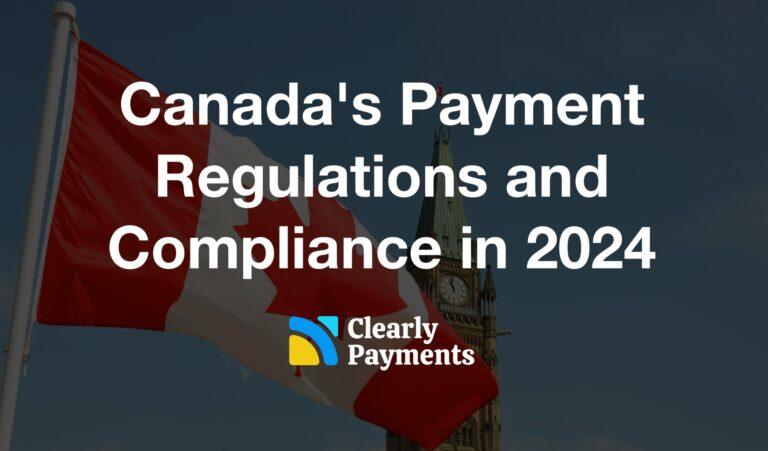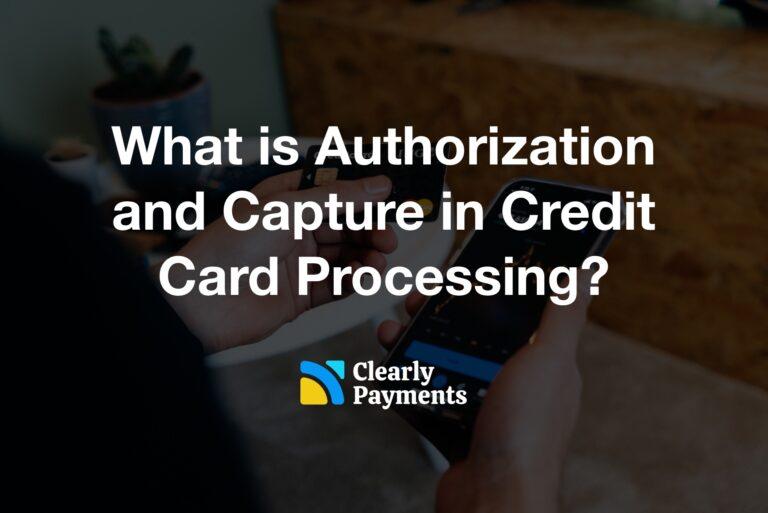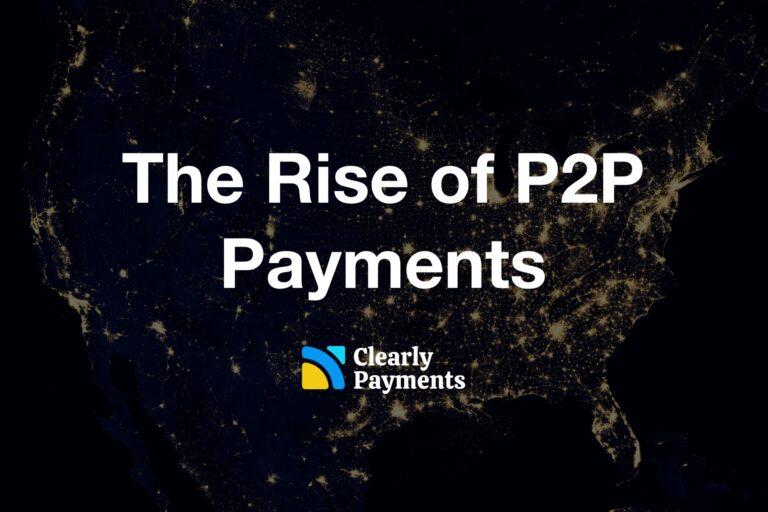It is unfortunate but sometimes there are issues in payments and credit card processing. They range from small annoyances to mission critical problems. Here’s some of the top payment problems and ideas to help you through them.
You’re getting chargebacks
A chargeback is when a customer that paid with credit card sees the charge on their statement and complains directly to the credit card company. The consumer will almost certainly get their money back, the funds will be withdrawn from your account, and you will likely have a fees (typically $25). What a pain. A chargeback is designed to protect consumers from merchants that provide poor service, but sometimes chargebacks are not used correctly.
What to do: Make sure your business name that appears on the credit card statement is accurate. The customer many not recognize your business name if it’s unclear or you’re using an acronym. A merchant account provider can easily do that. Second, make sure customers can easily contact you – have your number clearly on your website and receipt. They can then contact you instead of the credit card company. Here are some other ways to reduce chargebacks.
Customers are using stolen credit cards. Fraud.
It happens. Credit cards are stolen and are used to buy merchandise from your store. This is buyer identity fraud. By the time the real cardholder notices the fraudulent charge, the fraudster is off with the goods. The real cardholder will reverse the payment and you as the merchant will have the money pulled from your bank, plus you have lost your merchandise, and a fee for the chargeback. Brutal!
What to do: This is a tough one, but if at all possible, make sure you are EMV compliant. That means use payment terminals that accept chip-and-pin or tap-and-go. When a merchant is not EMV compatible, they are liable for fraud. EMV, in the end, helps prevent fraud. Statistics show that EMV transactions have much less fraud. If the merchandise was valuable and the merchant cannot fund the loss, the merchant account provider (aka payment processor) is liable. That’s the reason there is risk in providing merchant accounts.
Your credit card account is on hold
Accepting credit cards has some risk and credit card fraud unfortunately exists. That’s why payment processors have security measures in place to help prevent fraud. If there is unusual activity on your merchant account like more processing than usual or unusually high charges, a hold might automatically be put on your account. That means you will not be able to accept credit cards. A mission critical problem. Some processors might even cancel your merchant account without telling you. That is a bad scenario and you should stay away from those payment processors.
What to do: First, call your payment processor and find out the issue. If everything is ok, you’ll be back up and running in minutes. Just make sure you have a payment processor you can get in contact with quickly. Not all processors offer this level of service. Secondly, if you are experiencing higher sales than normal or you think you will in the future, you should let your payment processor know first. Just reach out to them. They will flag your merchant account to the risk team to it keep going.
Your credit card fees have been increased without you knowing
Unfortunately this happens too. Sometimes it’s called bait and switch. You’ll sign up to a new payment processor. They tell you about the amazing fees. Everything is going great for 3 to 6 months. Then bam! You noticed your fees have drastically increased. Worse than that, you try to cancel but there is a $500 cancellation fee.
What to do: You’ve signed up with a payment processor that doesn’t value your long term business. Get out. Unfortunately you’ll either need to ride out the term in your contract or pay the cancellation fee. There is another way, there are some payment processors that will pay for your cancellation fee if you switch to them. On occasion, we do that at TRC-Parus. This is a good way to save on the fees and move to a good processor. TRC-Parus also has no cancellation fees – we work for your business. Interested? Reach out to TRC-Parus and we’ll see how we can help.




